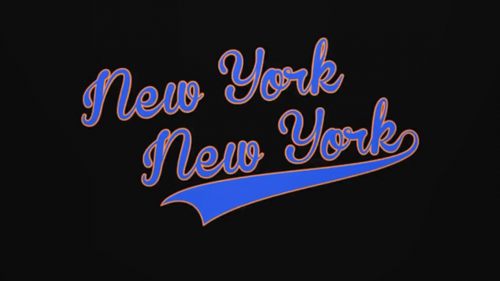Schlock Corridor: SHAKE HANDS WITH DANGER (1970)
1962’s Carnival Of Souls is a shining example of mood over moolah, an efficient tone poem of a horror film which gives the creeps even today. Five decades, a wobbly copyright, and a “Wes Craven Presents” remake hasn’t killed the power of the film, a testament to the talent of director Herk Harvey. Harvey made a living directing over 400 industrial and educational films in Lawrence, Kansas. Carnival of Souls was his shot at the brass ring, and though the film is today celebrated by scholars and filmmakers alike, it did jack shit for Harvey at the time, and the poor bastard was sent back to the world of industrials, where he produced such offerings as To Touch A Child, Pork: The Meal With A Squeal, and today’s subject, Shake Hands With Danger.
I’m guessing Shake Hands With Danger was mandatory viewing for heavy equipment operator types, hauled into a darkened room where they were required by their employers to watch this mini-masterpiece unfold in 16mm. (They showed it to us in high school in the late 80s; I have no idea why, since I did not grow up in a community that used heavy machinery or farm equipment. Hooray for the public school system!)
By 1980, films influenced by Harvey’s lone feature (such as Night of the Living Dead) had become hits, and successful directors were naming him as an influential figure of cinema. Yet Herk Harvey was still in Kansas, making 20 minute dramas about the split-second workplace decisions that could cost you an arm. That’s not to say he’d given up: the best industrials are often fascinating affairs where you can practically smell the frustrated artist at the helm, trying their level best to create something which entertains, even as it fulfills contractual requirements and OSHA guidelines.
Such is the case with Shake Hands With Danger. It’s not the goriest workplace safety film, or even the funniest. But it’s one of the most compelling, and I’m putting that squarely on Harvey. The theme song, delivered by a country & western balladeer identifying himself as “Three-Fingered Joe” (in reality, a local Kansas actor named Charles Oldfather), is an instant classic. In between verses, Joe provides a running commentary as we watch a variety of dipshits who needlessly risk their lives because they’re too dopey to follow simple backhoe protocol.
In scene after scene, a parade of laid back 70s beer-swillers sleepwalk through their horrible day laborer jobs - jobs they no doubt dropped out of school to take in order to feed a bunch of screaming cabbages. Their attention - split between worrying about that cramped apartment full of mouths to feed, and wistful daydreams of the days when the summer meant chasing tail and drinking Schlitz - is understandably unfocused. Their misery and desperation is palpable. One blue-collar gent is accused of hurrying through a task because he has the goddamn gall to want to get to the hospital where his son is having surgery. He’s so distracted he does some unscheduled surgery of his own, giving some poor homeowner a house-ectomy. A machinist’s chest is pierced with a piece of flying metal. Another man is doused in hot oil.Yet another man is lit ablaze after his co-worker discards a cigarette in a bucket of solvent or napalm or something.
You’d think a little sympathy for these working-class heroes would be in order, but no - the whole affair is a grainy, rust-colored, 23-minute human abattoir, grinding up good men and spitting out cynical cautionary tales. Each catastrophe is punctuated by a custom verse from Three-Fingered Joe, cheerfully narrating the ill fortune of these poor, workaholic bastards. A man falls to his DEATH, and Joe just starts cheerfully singing about his demise. Losing some fingers seems to have filled Joe with a fair amount of schadenfreude. Or so we think! Not to spoil anything, but buried within the film is the Secret Origin of Three-Fingered Joe! And it turns out Joe’s not above singing about his own dumb-ass workplace mishap.
Herk Harvey is a fascinating guy. Though he never got a second shot at theatrical features, he found a way to keep making films for 35 years, and it was that achievement in which he himself measured his success. In interviews, Harvey claimed to be more proud of his industrial work than of his acknowledged (and theatrically-released) masterpiece. He thought people should be more impressed with the work he produced under the tight budgetary and time constraints of his industrials, and claimed to not understand why such a big deal was made out of Carnival of Souls, as he had five whole weeks to film it. And who are we to argue? His budgets (and running times) might have shrunk, and he was reduced to shooting on what looks like Abraham Zapruder’s leftover film stock, but you can still tell that Harvey’s loving his work, and his cinephilia is infectious.
If you’re a fan of campy vintage educational shorts, or of Rifftrax, or attended my high school health class, you might already be familiar with Shake Hands With Danger. If not, we’re proud to present it here, in its entirety.



